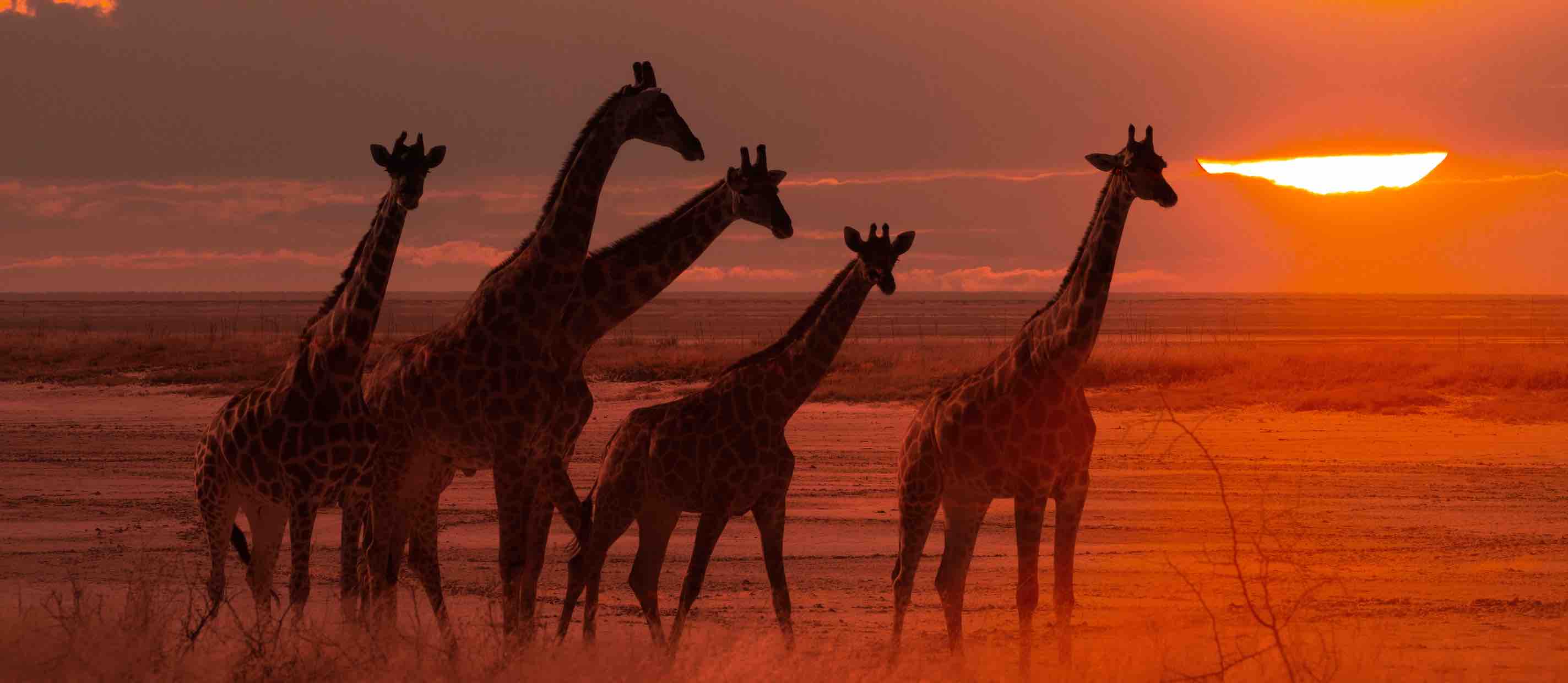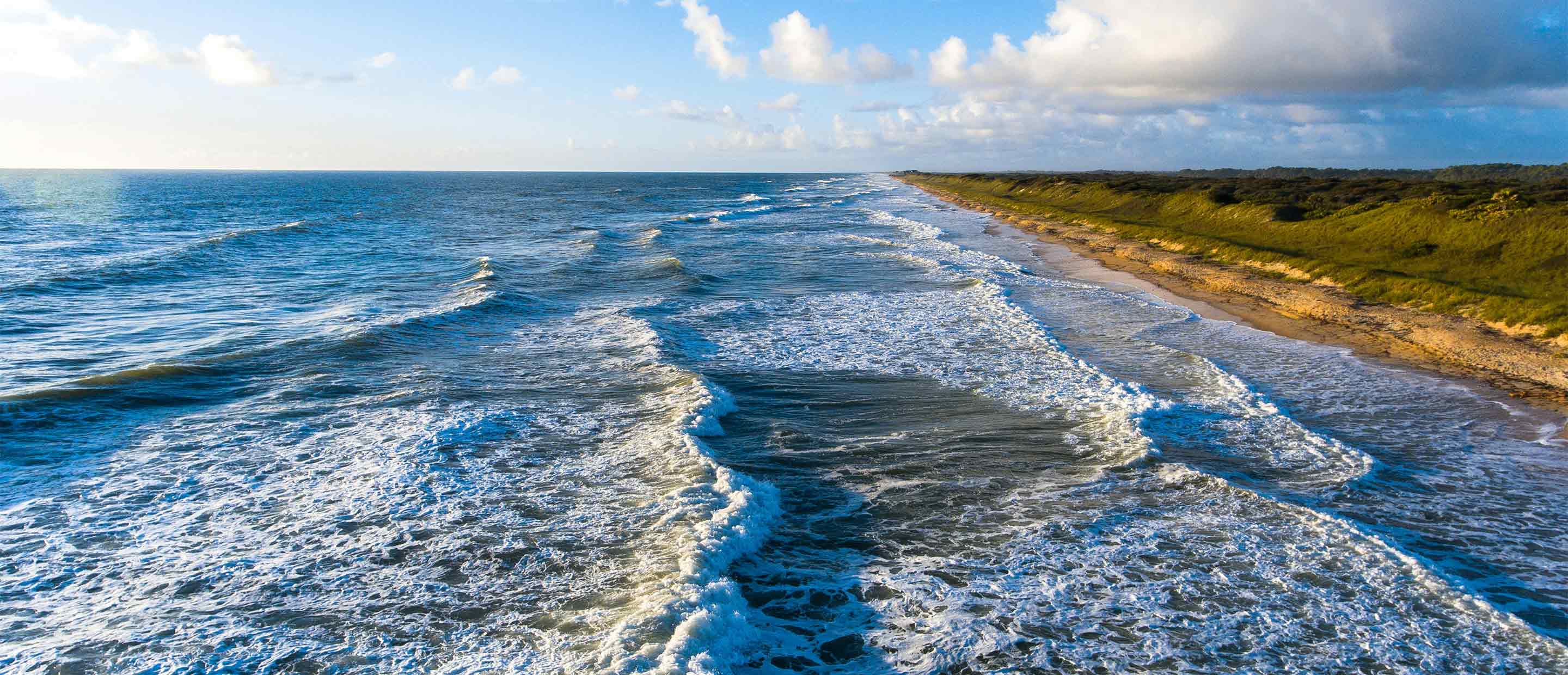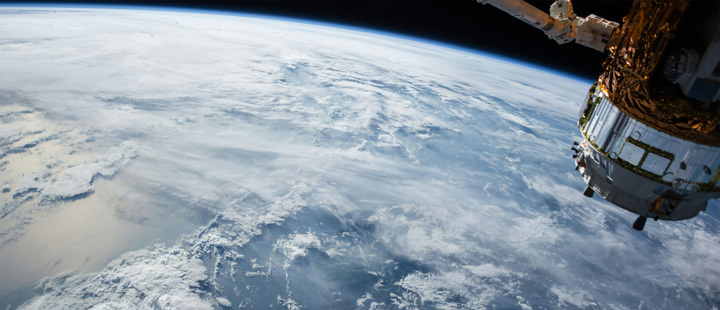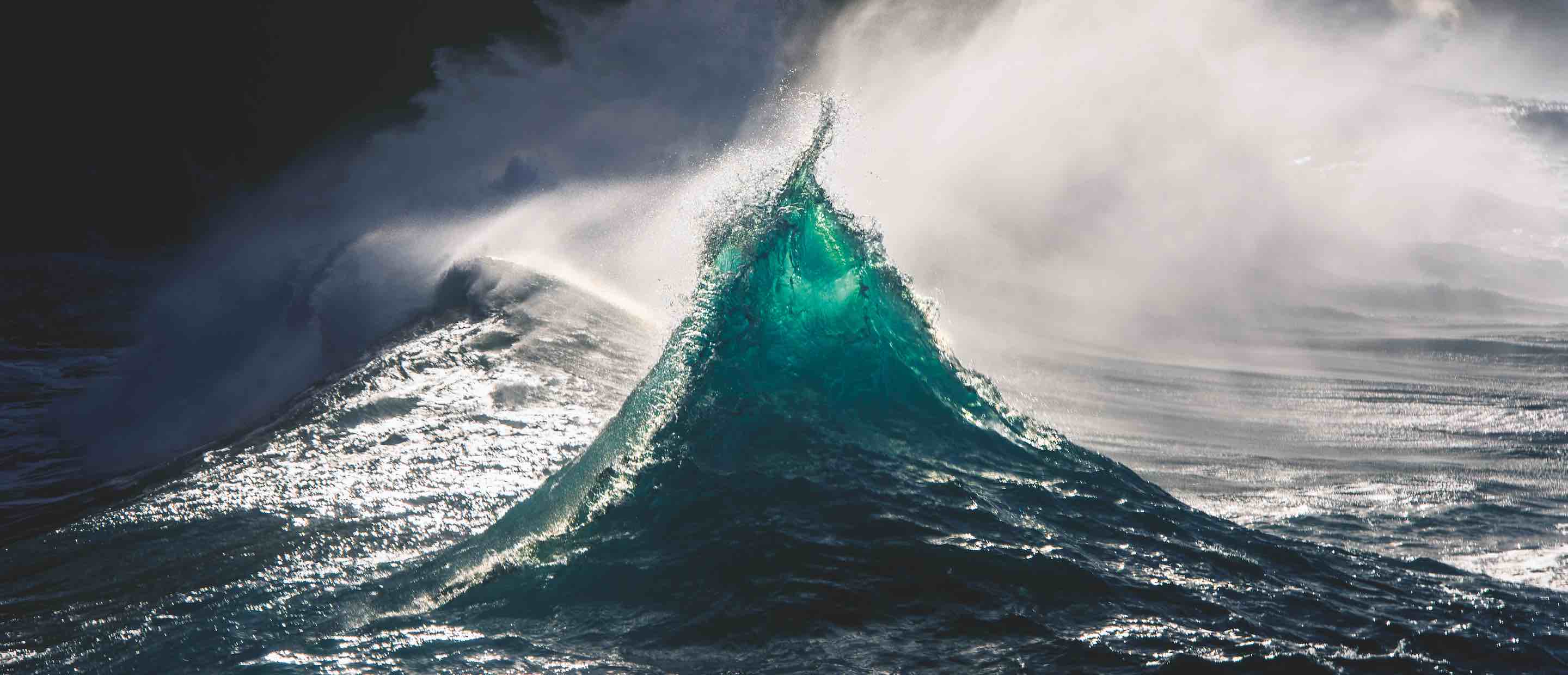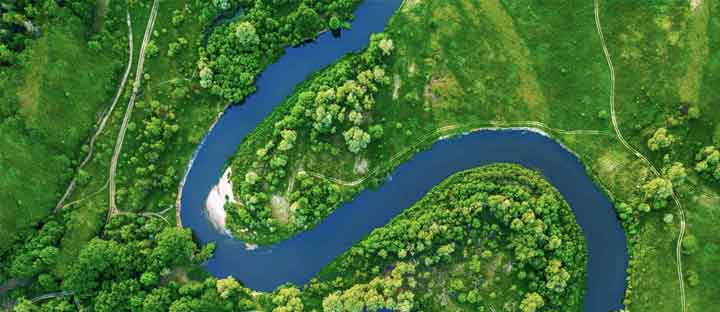It’s difficult to visualise biodiversity loss or understand how it could affect our everyday lives, but alongside climate change, it represents a huge threat to the global economy. Markus Müller, Global Head of the Chief Investment Office at Deutsche Bank’s International Private Bank, explains why its effects could be felt sooner than we expect.
“How did you go bankrupt?” Bill asked. “Two ways,” Mike said. “Gradually, then suddenly.” It’s a joke that is nearly a century old, written by Ernest Hemingway for his 1926 novel The Sun Also Rises. But as a parable it remains true: small acts of irresponsibility can over time create a catastrophe from which there is no way back. While this has always applied to finance, it now threatens to play out on a global scale in a far more serious manner, with the runaway destruction of our natural environment.
The Covid-19 pandemic remains the world’s most pressing emergency in the short term. In the long term, it is climate change, which even the most diehard sceptic is now finding difficult to deny as extreme weather events surge around the globe. But there is a third, less visible threat that we need to prioritise if we are to prevent the collapse of the global economy and ultimately our whole way of life, and that is biodiversity loss.
When species disappear from a given habitat, the people who notice first are typically scientists. It is only when multiple species disappear that wider communities begin to pay attention, by which time it may be too late to take remedial action.
Rising sea-water temperatures, for example, are leading to coral bleaching, a process by which coral reefs turn white as their polyps expel the algae that live inside their tissues. As the reefs die, they no longer give smaller creatures cover from predators. A process of biotic homogenisation begins, with herbivorous fish in particular being driven out. It is not long before local fish stocks of all kinds begin to diminish, with a direct impact on businesses and eventually whole coastal economies, affecting hundreds of millions of people, many of them among the world’s poorest.
Over the next two decades, climate change could, by some projections, destroy 90 per cent of the world’s coral reefs. Already, a third of our fish stocks are at critical levels.
If this were the only biodiversity crisis we were facing, it would still be very serious: coral reefs are currently the most biodiverse habitats on the planet. Yet we are seeing the same systemic threats elsewhere, from the rainforests of the Amazon and Indonesia to the savannahs of Africa and the hedgerows of England. In total, 23 per cent of the world’s once-fertile land is now degraded and ocean dead zones span an area greater in size than the United Kingdom, according to research by the Cambridge Institute for Sustainability Leadership. What’s more, biodiversity loss and climate change are connected by various negative feedback loops: the growing loss of mangrove forests to sea-level rise, could, for example, release billions more tonnes of carbon dioxide into the atmosphere.
The consequences of all this for food security, health research and even the spread of infectious diseases could be vast, but for many people the first warning signs may take the form of falling profitability. About half of the world’s economic activity (c. $44tn) is moderately or highly dependent on services that nature provides for free, and biodiversity may be responsible for an added value to conventional GDP of up to $140tn.
The big beneficiaries of biodiversity are not only agriculture, fisheries and other primary sectors. More than half of all supply chains are moderately or highly dependent on nature and its services. And not just in the developing world: the EU, the US and China currently receive the greatest economic benefit.
The idea of portfolio diversification is an old one – reduce the risk of losses by not putting all your eggs in one basket – and we should remember that nature itself invented this safety mechanism. When plant and animal life is diverse and in balanced harmony, the chances of a harmful event threatening the entire ecosystem are reduced.
Increasingly, portfolio managers are selecting investments on the basis of environmental, social and governance (ESG) criteria, as well as more traditional financial metrics, because companies that contribute to environmental degradation are risking their profitability over the long term compared with those who are committed to operating sustainably. More than $40.5tn of managed assets worldwide are now invested in this way. The pandemic has led to a surge in popularity for the ESG approach.
There are good reasons to be positive. As a banker, I like numbers, and what excites me is that technology is now generating more data to help us understand how the natural world works and what exactly we need to do to protect it, while powering innovation in the sustainable use of natural resources.
We also see progress on multinational action: the European Green Deal is a step in the right direction, and the UN’s 15th Convention on Biological Diversity, scheduled to take place in Kunming, China in October 2021, will help us to plot a transition path to a climate-neutral world. Such developments can be accompanied by new financial instruments for all types of investor, offering reliable mechanisms for the continued growth of ESG financing. And all of this can be facilitated by the kind of global partnerships set out in the UN’s 17th Sustainable Development Goal, involving academia, philanthropists, governments, the public sector and business.
This must be the future because the alternative is too terrible to contemplate. Without significant action, we will do permanent damage to the biosphere of which we are a part: gradually at first, then suddenly.
This article first appeared in the Summer 2021 issue of LUX Magazine. This issue features in the third in a series of Deutsche Bank Wealth Management/LUX supplements about our ocean and its importance to both the environmental and economic wellbeing of the planet.


